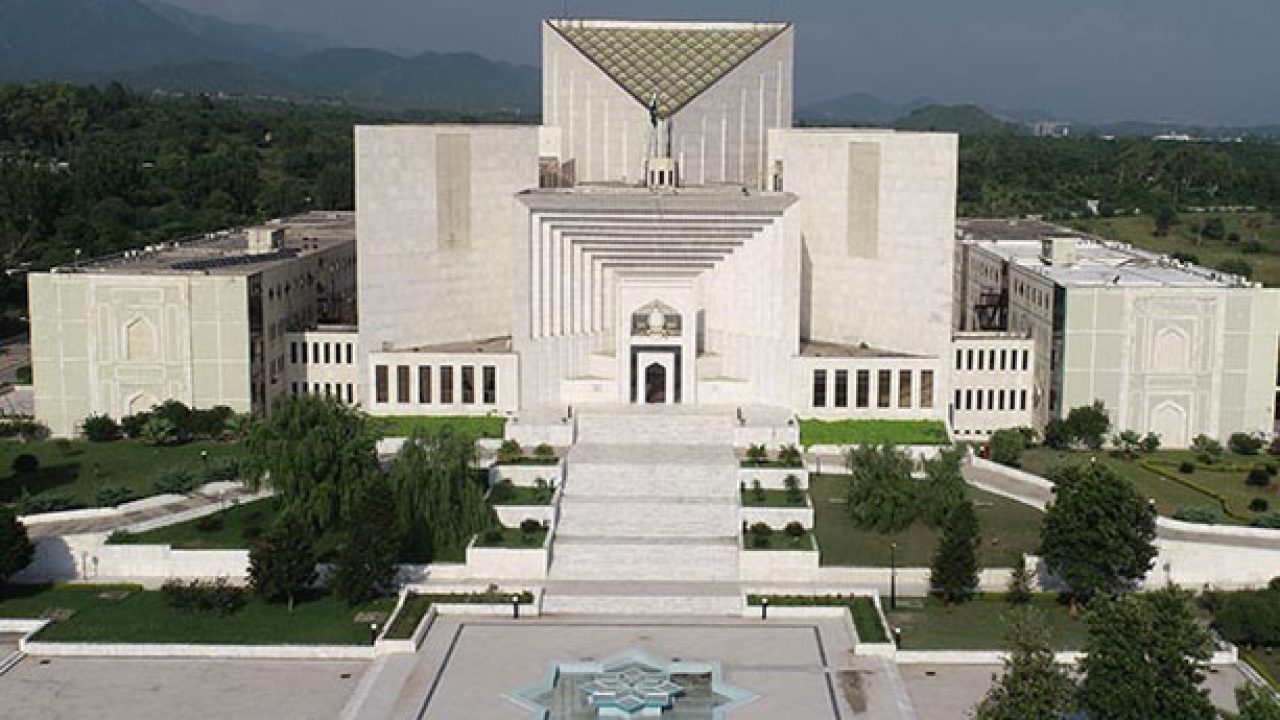ISLAMABAD: The Supreme Court of Pakistan has formally objected to remarks made by British High Commissioner Jane Marriott regarding the “importance of democracy, elections, and the need for open societies.” These comments were made during her speech at the Asma Jehangir Conference on April 27.
Acting on instructions from Chief Justice of Pakistan (CJP) Qazi Faez Isa, the court’s registrar, Jazeela Aslam, addressed a letter to Ms. Marriott on May 3, expressing the court’s concerns.
In her speech, Ms. Marriott emphasized the significance of democracy and the dangers of complacency. She also mentioned Foreign Secretary David Cameron’s remarks about election turnout, despite concerns about fairness and inclusivity, and criticized the legal barriers that prevented some political parties from participating and using recognized party symbols.
The registrar’s letter defended the Supreme Court’s Jan 13 judgement that denied the election symbol, bat, to the Pakistan Tehreek-e-Insaf (PTI). The letter explained that the Elections Act of 2017 mandates democracy within political parties through intra-party elections to prevent autocracy or dictatorship. The court simply reiterated the law’s requirements, making the criticism unjustified, according to Jazeela Aslam.
The letter clarified that while Pakistan’s constitution requires elections to be held within 90 days after the tenure of the National Assembly and provincial legislatures, delays occurred due to disagreements between the president and the Election Commission of Pakistan (ECP) over date announcements. This issue was resolved by the Supreme Court within 12 days, leading to general elections on February 8.
Ms. Aslam’s letter appreciated the High Commissioner’s emphasis on open societies and highlighted the Supreme Court’s efforts to promote transparency, such as recognizing the right to information and broadcasting cases of public importance live for the first time in Pakistan’s history under CJP Isa’s leadership.
The letter also referenced historical events, urging acknowledgment of past mistakes to prevent future violence. It mentioned the 1953 overthrow of Mohammad Mossadegh’s government in Iran and the unilateral enforcement of the Balfour Declaration by the British government, which led to the establishment of Israel without a democratic vote from the affected populace or British Parliament.
The registrar suggested that acknowledging these historical actions could be therapeutic and promote trust, friendship, and peace.
Copies of the letter have been sent to Lord Robert John Reed, President of the Supreme Court of the United Kingdom, and Baroness Sue Lascelles Carr, Lady Chief Justice of England and Wales.
